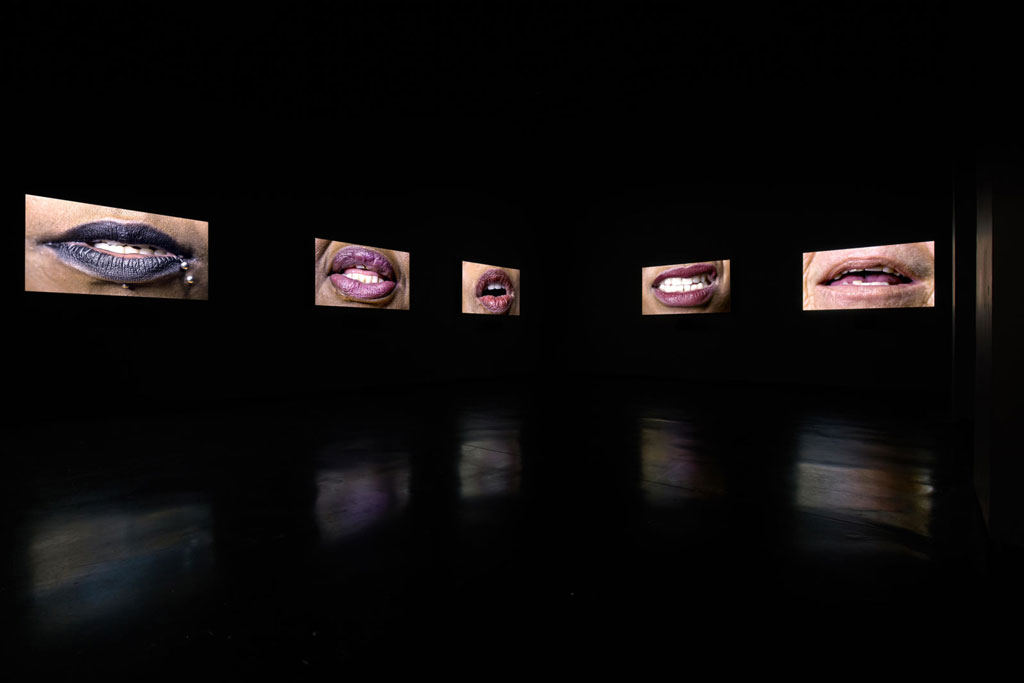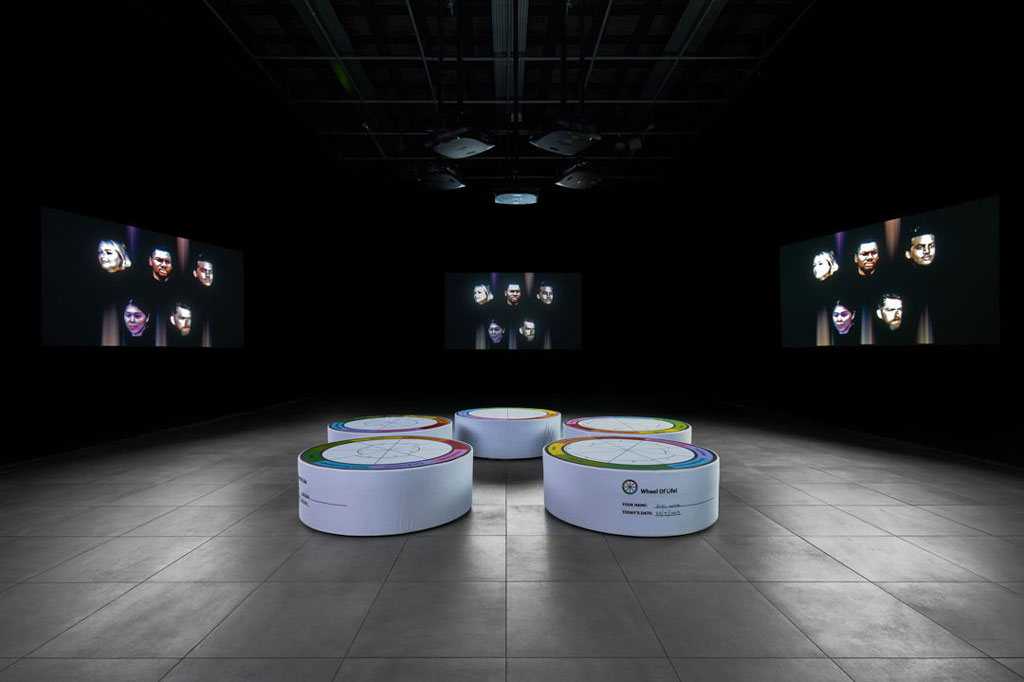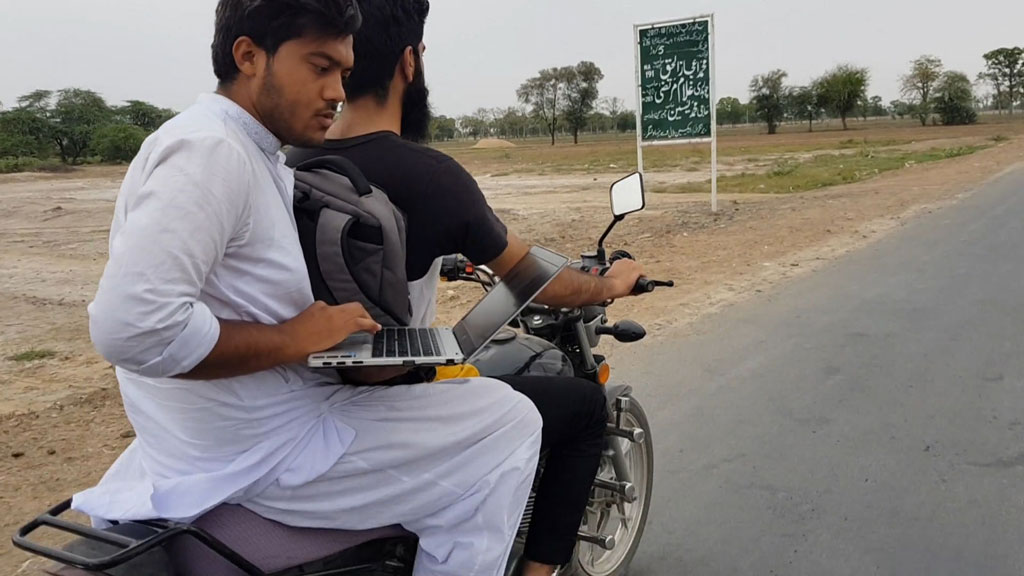ART CITIES:Liverpool-Liz Magic Laser & Candice Breitz
 The exhibition “REAL WORK” brings together Liz Magic Laser and Candice Breitz highlighting the human aspect of precarious and unrecognised work. Together they showcase 15 people’s uncensored stories about labour, putting the real-life workers front and centre. From freelancers competing for work in an isolated online world, to a community of sex work activists in South Africa, the jobs addressed in the exhibition share a lack of mainstream recognition in society.
The exhibition “REAL WORK” brings together Liz Magic Laser and Candice Breitz highlighting the human aspect of precarious and unrecognised work. Together they showcase 15 people’s uncensored stories about labour, putting the real-life workers front and centre. From freelancers competing for work in an isolated online world, to a community of sex work activists in South Africa, the jobs addressed in the exhibition share a lack of mainstream recognition in society.
By Dimitris Lempesis
Photo: FACT Archive
The exhibition highlights the human stories behind invisible work, drawing attention to the often unheard voices of those working in precarious situations around the world. Liz Magic Laser is a video and performance artist. Her work intervenes in semi-public spaces such as bank vestibules, movie theaters and newsrooms, involving collaborations with actors, surgeons, political strategists and motorcycle gang members. Her recent work explores the efficacy of new age techniques and psychological methods active in both corporate culture and political movements. “Real Life” (2019) highlights the experiences of five freelancers, who rely on work they find through online platforms and apps such as PeoplePerHour, Upwork and Fiverr. Developed as an experimental reality show, each episode follows one of the five gig-worker cast members. They are seen taking part in a professional development and tech-savvy self-care programme, designed by Liz Magic Laser in collaboration with a life coach and a spiritual advisor – both of whom also function in the online gig-economy. We witness their personal journeys of discovery and self-care, as they follow a training programme consisting of “biohacking” tools which use technology and cutting-edge research to improve their quality of life and work. Candice Breitz is a Berlin-based artist whose moving image installations have been shown internationally. Throughout her career, she has explored the dynamics by means of which an individual becomes him or herself in relation to a larger community, be that the immediate community that one encounters in family, or the real and imagined communities that are shaped not only by questions of national belonging, race, gender and religion, but also by the increasingly undeniable influence of mainstream media such as television, cinema and other popular culture. Most recently, Breitz’s work has focused on the conditions under which empathy is produced, reflecting on a media-saturated global culture in which strong identification with fictional characters and celebrity figures runs parallel to widespread indifference to the plight of those facing real world adversity. “Sweat” (2018) sees the artist collaborate closely with ten members of a community of Cape Town-based sex workers, who each offer a series of anecdotes and insights into their lives and labour. All ten individuals are activists affiliated with SWEAT (the Sex Workers Education & Advocacy Taskforce). Their statements—each of which is ten-tweets-long in duration—are drawn from a series of longer interviews. Shown for the first time as an immersive 10-channel video installation at FACT, the resulting cacophony of voices addresses the rampant gender-based and racist violence that sex workers face on a daily basis. Sweat addresses the lack of legal protections within the sex work industry, insisting on the necessity of extending human rights and labour rights to sex workers. The work features the voices of Zoe Black, Connie, Duduzile Dlamini, Emmah, Gabbi, Regina High, Jenny, Jowi, Tenderlove and Nosipho “Provocative” Vidima.
Info: Foundation for Art and Creative Technology (FACT), 88 Wood Street, Liverpool, Duration: 12/7-6/10/18, Days & Hours: Tue-Sun 11:00-18:00, www.fact.co.uk



